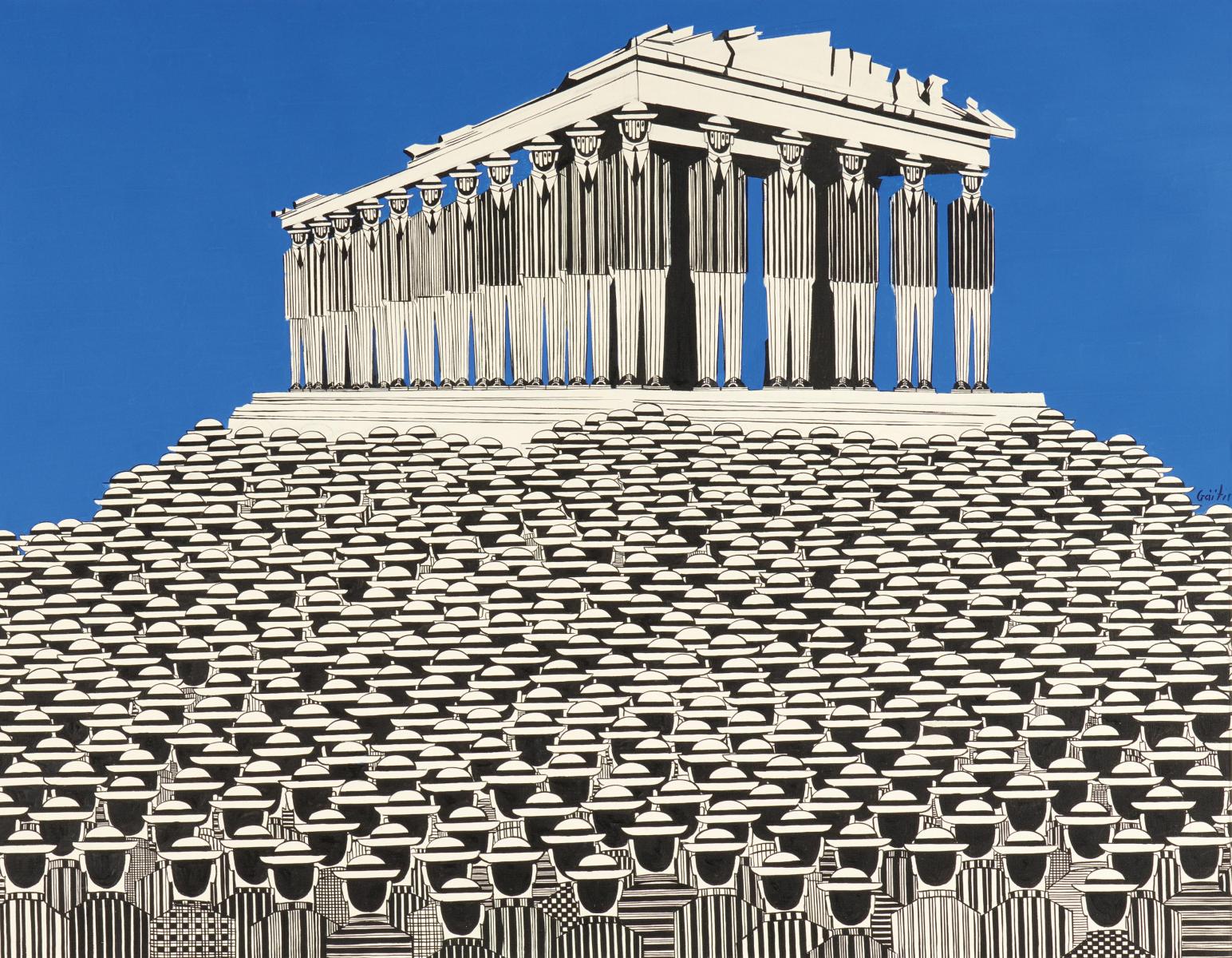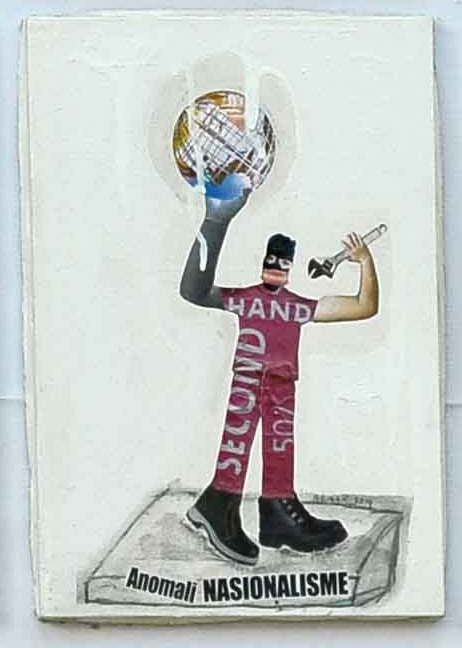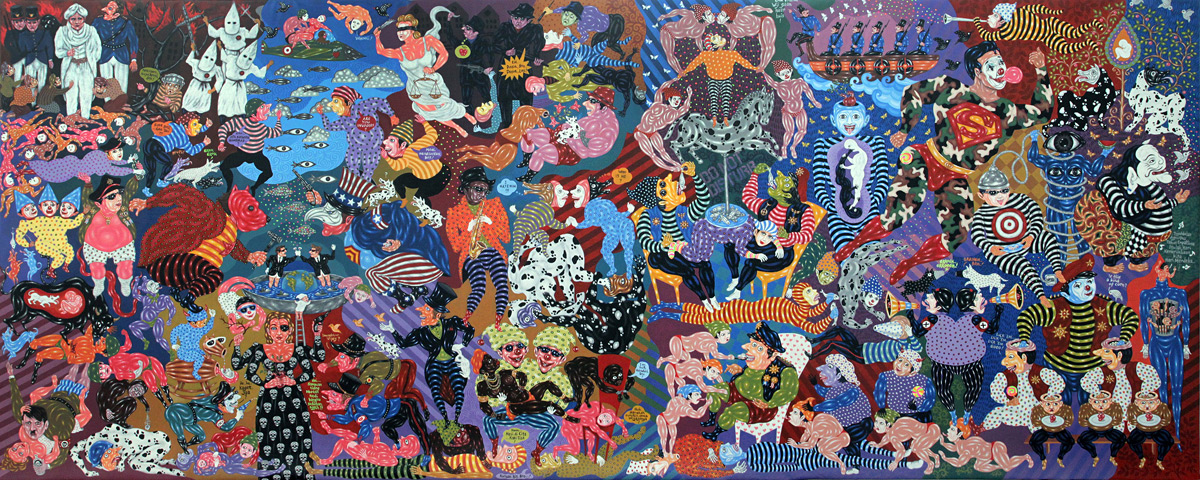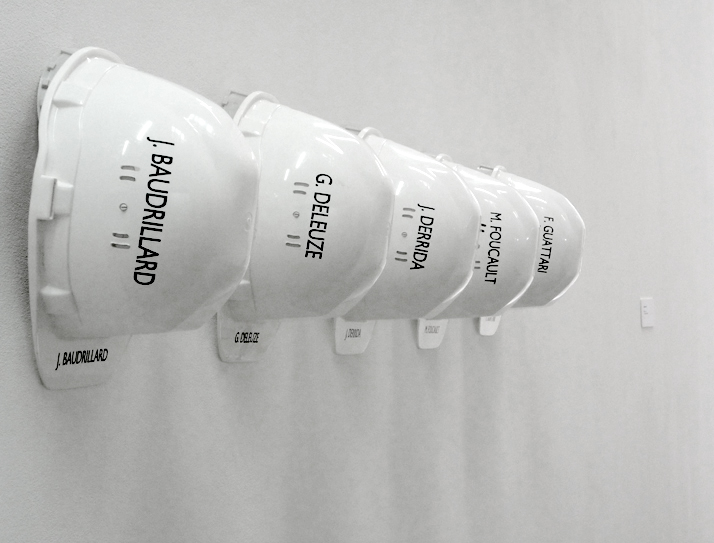
“What has happened in Hungary since 2010 offers an example—and a blueprint for would-be strongmen. Hungary is a member state of the European Union and a signatory of the European Convention on Human Rights. It has elections and uncensored internet. Yet Hungary is ceasing to be a free country.
The transition has been nonviolent, often not even very dramatic. Opponents of the regime are not murdered or imprisoned, although many are harassed with building inspections and tax audits. If they work for the government, or for a company susceptible to government pressure, they risk their jobs by speaking out. Nonetheless, they are free to emigrate anytime they like. Those with money can even take it with them. Day in and day out, the regime works more through inducements than through intimidation. The courts are packed, and forgiving of the regime’s allies. Friends of the government win state contracts at high prices and borrow on easy terms from the central bank. Those on the inside grow rich by favoritism; those on the outside suffer from the general deterioration of the economy. As one shrewd observer told me on a recent visit, ‘The benefit of controlling a modern state is less the power to persecute the innocent, more the power to protect the guilty.’
Prime Minister Viktor Orbán’s rule over Hungary does depend on elections. These remain open and more or less free – at least in the sense that ballots are counted accurately. Yet they are not quite fair. Electoral rules favor incumbent power-holders in ways both obvious and subtle. Independent media lose advertising under government pressure; government allies own more and more media outlets each year. The government sustains support even in the face of bad news by artfully generating an endless sequence of controversies that leave culturally conservative Hungarians feeling misunderstood and victimized by liberals, foreigners, and Jews. Outside the Islamic world, the 21st century is not an era of ideology. … What is spreading today is repressive kleptocracy, led by rulers motivated by greed rather than by the deranged idealism of Hitler or Stalin or Mao. Such rulers rely less on terror and more on rule-twisting, the manipulation of information, and the co-optation of elites. …
The United States is of course a very robust democracy. … Donald Trump, however, represents something … radical. A president who plausibly owes his office at least in part to a clandestine intervention by a hostile foreign intelligence service? Who uses the bully pulpit to target individual critics? Who creates blind trusts that are not blind, invites his children to commingle private and public business, and somehow gets the unhappy members of his own political party either to endorse his choices or shrug them off? If this were happening in Honduras, we’d know what to call it. It’s happening here instead, and so we are baffled. …
Donald Trump will not set out to build an authoritarian state. His immediate priority seems likely to be to use the presidency to enrich himself. But as he does so, he will need to protect himself from legal risk. Being Trump, he will also inevitably wish to inflict payback on his critics. Construction of an apparatus of impunity and revenge will begin haphazardly and opportunistically. But it will accelerate. It will have to. …
Trump is poised to mingle business and government with an audacity and on a scale more reminiscent of a leader in a post-Soviet republic than anything ever before seen in the United States. Glimpses of his family’s wealth-seeking activities will likely emerge during his presidency, as they did during the transition. Trump’s Indian business partners dropped by Trump Tower and posted pictures with the then-president-elect on Facebook, alerting folks back home that they were now powers to be reckoned with. The Argentine media reported that Trump had discussed the progress of a Trump-branded building in Buenos Aires during a congratulatory phone call from the country’s president. (A spokesman for the Argentine president denied that the two men had discussed the building on their call.) Trump’s daughter Ivanka sat in on a meeting with the Japanese prime minister—a useful meeting for her, since a government-owned bank has a large ownership stake in the Japanese company with which she was negotiating a licensing deal.
Suggestive. Disturbing. But illegal …? How many presidentially removable officials would dare even initiate an inquiry? …Venezuela, a stable democracy from the late 1950s through the 1990s, was corrupted by a politics of personal favoritism, as Hugo Chávez used state resources to bestow gifts on supporters. Venezuelan state TV even aired a regular program to showcase weeping recipients of new houses and free appliances. Americans recently got a preview of their own version of that show as grateful Carrier employees thanked then-President-elect Trump for keeping their jobs in Indiana. …
Trump will try hard during his presidency to create an atmosphere of personal munificence, in which graft does not matter, because rules and institutions do not matter. He will want to associate economic benefit with personal favor. He will create personal constituencies, and implicate other people in his corruption. That, over time, is what truly subverts the institutions of democracy and the rule of law. If the public cannot be induced to care, the power of the investigators serving at Trump’s pleasure will be diminished all the more. …
Whenever Trump stumbles into some kind of trouble, he reacts by picking a divisive fight. The morning after The Wall Street Journal published a story about the extraordinary conflicts of interest surrounding Trump’s son-in-law, Jared Kushner, Trump tweeted that flag burners should be imprisoned or stripped of their citizenship. That evening, as if on cue, a little posse of oddballs obligingly burned flags for the cameras in front of the Trump International Hotel in New York. Guess which story dominated that day’s news cycle?
Civil unrest will not be a problem for the Trump presidency. It will be a resource. Trump will likely want not to repress it, but to publicize it – and the conservative entertainment-outrage complex will eagerly assist him. Immigration protesters marching with Mexican flags; Black Lives Matter demonstrators bearing antipolice slogans – these are the images of the opposition that Trump will wish his supporters to see. The more offensively the protesters behave, the more pleased Trump will be. …
In the early days of the Trump transition, Nic Dawes, a journalist who has worked in South Africa, delivered an ominous warning to the American media about what to expect. “Get used to being stigmatized as ‘opposition,’ ” he wrote. “The basic idea is simple: to delegitimize accountability journalism by framing it as partisan.”
The rulers of backsliding democracies resent an independent press, but cannot extinguish it. … Modern strongmen seek merely to discredit journalism as an institution, by denying that such a thing as independent judgment can exist. All reporting serves an agenda. There is no truth, only competing attempts to grab power.
By filling the media space with bizarre inventions and brazen denials, purveyors of fake news hope to mobilize potential supporters with righteous wrath – and to demoralize potential opponents by nurturing the idea that everybody lies and nothing matters. A would-be kleptocrat is actually better served by spreading cynicism than by deceiving followers with false beliefs: Believers can be disillusioned; people who expect to hear only lies can hardly complain when a lie is exposed. The inculcation of cynicism breaks down the distinction between those forms of media that try their imperfect best to report the truth, and those that purvey falsehoods for reasons of profit or ideology. …
‘Populist-fueled democratic backsliding is difficult to counter,’ wrote the political scientists Andrea Kendall-Taylor and Erica Frantz late last year. ‘Because it is subtle and incremental, there is no single moment that triggers widespread resistance or creates a focal point around which an opposition can coalesce … Piecemeal democratic erosion, therefore, typically provokes only fragmented resistance.’ Their observation was rooted in the experiences of countries ranging from the Philippines to Hungary. It could apply here too. …
If people retreat into private life, if critics grow quieter, if cynicism becomes endemic, the corruption will slowly become more brazen, the intimidation of opponents stronger. Laws intended to ensure accountability or prevent graft or protect civil liberties will be weakened.
If the president uses his office to grab billions for himself and his family, his supporters will feel empowered to take millions. If he successfully exerts power to punish enemies, his successors will emulate his methods.
If citizens learn that success in business or in public service depends on the favor of the president and his ruling clique, then it’s not only American politics that will change. The economy will be corrupted too, and with it the larger culture. A culture that has accepted that graft is the norm, that rules don’t matter as much as relationships with those in power, and that people can be punished for speech and acts that remain theoretically legal—such a culture is not easily reoriented back to constitutionalism, freedom, and public integrity.
What happens in the next four years will depend heavily on whether Trump is right or wrong about how little Americans care about their democracy and the habits and conventions that sustain it. If they surprise him, they can restrain him.
Public opinion, public scrutiny, and public pressure still matter greatly in the U.S. political system. In January, an unexpected surge of voter outrage thwarted plans to neutralize the independent House ethics office. That kind of defense will need to be replicated many times. Elsewhere in this issue, Jonathan Rauch describes some of the networks of defense that Americans are creating.
Get into the habit of telephoning your senators and House member at their local offices, especially if you live in a red state. Press your senators to ensure that prosecutors and judges are chosen for their independence—and that their independence is protected. Support laws to require the Treasury to release presidential tax returns if the president fails to do so voluntarily. Urge new laws to clarify that the Emoluments Clause applies to the president’s immediate family, and that it refers not merely to direct gifts from governments but to payments from government-affiliated enterprises as well. Demand an independent investigation by qualified professionals of the role of foreign intelligence services in the 2016 election—and the contacts, if any, between those services and American citizens. Express your support and sympathy for journalists attacked by social-media trolls, especially women in journalism, so often the preferred targets. Honor civil servants who are fired or forced to resign because they defied improper orders. Keep close watch for signs of the rise of a culture of official impunity, in which friends and supporters of power-holders are allowed to flout rules that bind everyone else.
Those citizens who fantasize about defying tyranny from within fortified compounds have never understood how liberty is actually threatened in a modern bureaucratic state: not by diktat and violence, but by the slow, demoralizing process of corruption and deceit. And the way that liberty must be defended is not with amateur firearms, but with an unwearying insistence upon the honesty, integrity, and professionalism of American institutions and those who lead them. We are living through the most dangerous challenge to the free government of the United States that anyone alive has encountered. What happens next is up to you and me. Don’t be afraid. This moment of danger can also be your finest hour as a citizen and an American.”
aus: David Frum: How to Build an Autocracy. The Atlantic Monthly, March 2017 issue [im Internet].
Abb.: Yannis Gaitis: Ohne Titel (Akropolis), im Internet.
02/17




